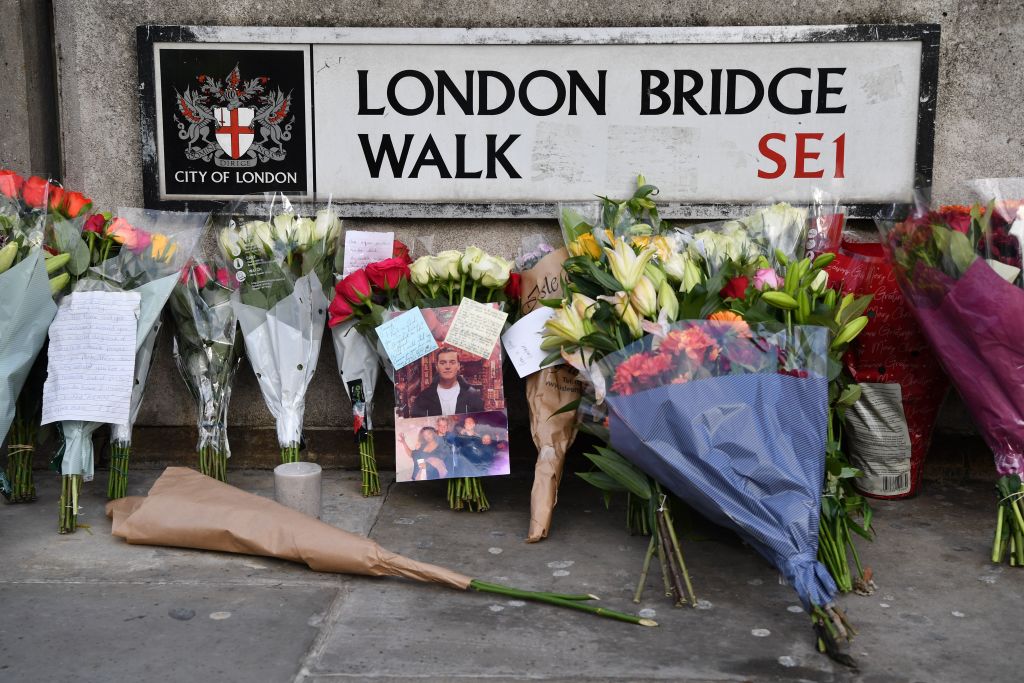I’ve just finished reading William Manchester’s absorbing memoir about the Pacific War. ‘Goodbye Darkness’ is a reminder of just how brutal that campaign was, particularly the battle for Okinawa in 1945, where Americans and Japanese fought in hand-to-hand combat in conditions that Manchester likened to Passchendaele. There was one key difference though: in the East China Sea, Americans were up against an enemy only too willing to die for their cause. Few Japanese surrendered; most fought to the end and some died as suicide bombers, ambushing Marines with explosives strapped to their bodies.
Manchester, who became a renowned writer and historian after the war, still harboured a grudge against the Japanese when he wrote his cathartic memoir in 1980. How could an enemy be so fanatical and pitiless, he wondered, concluding that but for the decision to drop two Atomic bombs upwards of one million Americans would probably have died in the conquest of Japan.
That opinion was unfashionable when Manchester published his book; one reviewer, who hadn’t fought in the Pacific campaign, wrote that “one recoils when he writes, early on, ‘thank God for the atomic bomb’.”
Just as Manchester was out of touch with the views of right-minded politicians in 1980, so is Nigel Farage today when he argues – as he did last night on ITV’s political debate – that Islamist terrorists convicted of plotting mass murder should never be freed.
Jeremy Corbyn doesn’t hold to that view and nor did the Labour leader apparently approve of how the Americans recently dealt with Abu Bakr al-Baghdadi, the leader of Isis. Corbyn believes Baghdadi should have been put on trial at the International Court of Justice in the Hague. He said: ‘If it would have been possible to arrest him – and I don’t know the details of the circumstances at the time, I’ve only seen various statements put out by the U.S. about it – surely it would have been the right thing to do.’
If only it were that easy. What Corbyn and others in the West don’t understand is the depth of these men’s fanaticism. As Usman Khan demonstrated on Friday in London, Islamists are ready to kill and die for their cause. Some, like the two British jihadists who slaughtered Lee Rigby on a London street in 2013, specifically target soldiers. But Khan killed two young people who wanted to help him. That’s because Khan had dehumanised them, turned them in his mind to ‘dogs’ and ‘infidels’.
The most depressing aspect of Sunday’s TV debate was the petty bickering between the Tories and Labour, each blaming the other’s sentencing policies for Khan’s rampage. Neither Treasury Chief Secretary Rishi Sunak nor shadow justice secretary Richard Burgon showed the remotest sign of wanting to engage in those ’embarrassing conversations’ about Islamic extremism that Theresa May promised in June 2017, the last time London Bridge was the scene of a terrorist atrocity.
As I wrote a couple of months after that attack, the West is delusional about de-radicalising jihadists. Farage described their fanaticism as a ‘virus’. No, it’s a faith, and one so deep it’s way beyond the understanding of the secular West. Islamists call us dogs because they see a society awash with drink, drugs and sexual freedom. Toughening sentencing policy is not going to make them lay down their arms.
In my article, I referenced French journalist’s David Thomson’s outstanding book, The Revenants, which has since been translated into English under the title ‘The Returned: They Left to Wage Jihad, Now They’re Back’.
It should be required reading for British politicians and police chiefs. Perhaps, just perhaps, it will shake them from their naive belief that jihadism is just a phase, like a teenager going Goth for a year. Of the dozens of former French Isis warriors Thomson interviewed, only one showed any remorse. He warned the author of what lay ahead for the authorities: “I don’t see how you can de-radicalise these people. They don’t see themselves as radicals, but as Muslims conforming to what they follow, which is the Koran.”
The last Japanese soldier in the Pacific surrendered 29 years after the end of the war, a timescale that the West should work to with their citizens who have pledged alliance to Isis. But bear in mind Japan had admitted defeat in 1945. Isis has done no such thing. And whatever president Trump might say about Isis’s 100 per cent defeat, their ideology is intact and their cause as attractive as ever to the next generation of jihadists.







Comments